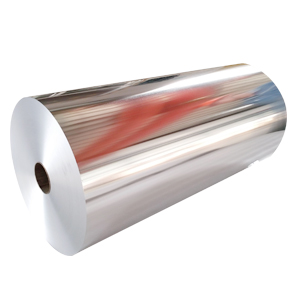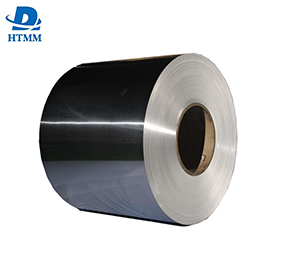 Aluminium Foil Dealers
Aluminium Foil Dealers
Packaging aluminum foil requires good chemical composition control, melt quality, shape control, and thickness control. These requirements are equally important for battery foils, and even more important. In addition, battery foils also require high coefficients, high strength/high elongation.
One of the most important technical indicators of Dyne battery foil. Due to the special purpose of battery foil, it needs to be coated on its surface. The adhesion effect of the coating is affected by the surface condition of the aluminum foil. The dyne index is used as a measure of the surface condition of the battery foil. The higher the dyne value, the better the adhesion. Generally, the dyne value is required to be above 30.
Another important technical indicator of the battery foil is high strength/high elongation to reduce the cold pressing fracture of the battery foil during the coating process. Currently commonly used 1100 alloy, tensile strength ≥230MPa, 11060 alloy, tensile strength ≥200MPa, elongation ≥2%.
Dyne value is a popular name used to measure the size of surface tension. The coating process of lithium batteries requires that the slurry spread evenly on the surface of the aluminum foil, that is, the contact angle is small. The contact angle is affected by the surface tension of the liquid (slurry) and solid (aluminum foil).
Only when the solid surface tension is greater than the liquid surface tension, the contact angle is less than 90° to achieve the wetting effect, and the greater the solid surface tension, or the smaller the liquid surface tension, the better the wettability. Generally speaking, the surface tension of the coating slurry needs to be 5 dynes or more lower than that of the aluminum foil.
Change the composition of the rolling oil. Different types and contents of base oils and additives have different surface tensions. Choose some base oils and additives with high surface tension.
Aluminum Foil Kitchen Use Many kitchen cabinets will be pasted with a layer of aluminum foil.
Battery Foil Details: Width, Thickness, and Application Range
In the realm of battery technology, the specifics of battery foil, including dimensions and applications, are pivotal considerations. The Aluminum Foil Manufacturer HTMM plays a significant role in shaping these critical components. Understanding the nuanced details of battery foil is crucial for achieving optimal performance in various battery types.
Battery Foil Width:
The width of battery foil, a cornerstone in battery design, is a variable parameter. In cylindrical batteries like AA or AAA, the Aluminum Foil Giant Roll may be customized to widths ranging from a few millimeters to several centimeters. For pouch or flexible batteries, the foil used in pouch cells can adopt wider dimensions tailored to the battery's unique size and configuration.
Battery Foil Thickness:
A critical parameter influencing battery efficiency is the thickness of the battery foil. The Aluminum Foil Manufacturer HTMM, renowned for precision, produces cathode and anode foils with thicknesses ranging from micrometers to tens of micrometers. For instance, aluminum foil employed in lithium-ion battery cathodes typically falls within the range of 15 to 25 micrometers. Separator foils, crucial for battery safety, also maintain thin layers, often measured in micrometers.
Application Range:
The application range of battery foil spans a broad spectrum, with Aluminum Foil Giant Roll being a linchpin in various battery types. Lithium-ion batteries, omnipresent in consumer electronics, electric vehicles, and renewable energy storage, rely on aluminum foil for cathodes. Nickel-Cadmium (NiCd) and Nickel-Metal Hydride (NiMH) batteries find application in power tools and hybrid vehicles, utilizing foils of nickel or nickel-plated steel. Lead-acid batteries, commonplace in automotive and UPS applications, incorporate lead foils for electrodes.
If you have any questions or are interested in battery foil, you can contact the HTMM aluminum foil manufacturer and we will provide you with the best service.
By integrating advanced materials and designs, Aluminum Foil Manufacturer HTMM contributes to the evolution of battery foil technology. Each specification is meticulously determined to meet the demands of contemporary battery designs. As technology progresses, these components continue to play a pivotal role in enhancing the efficiency and performance of batteries across diverse applications.



.jpg)


